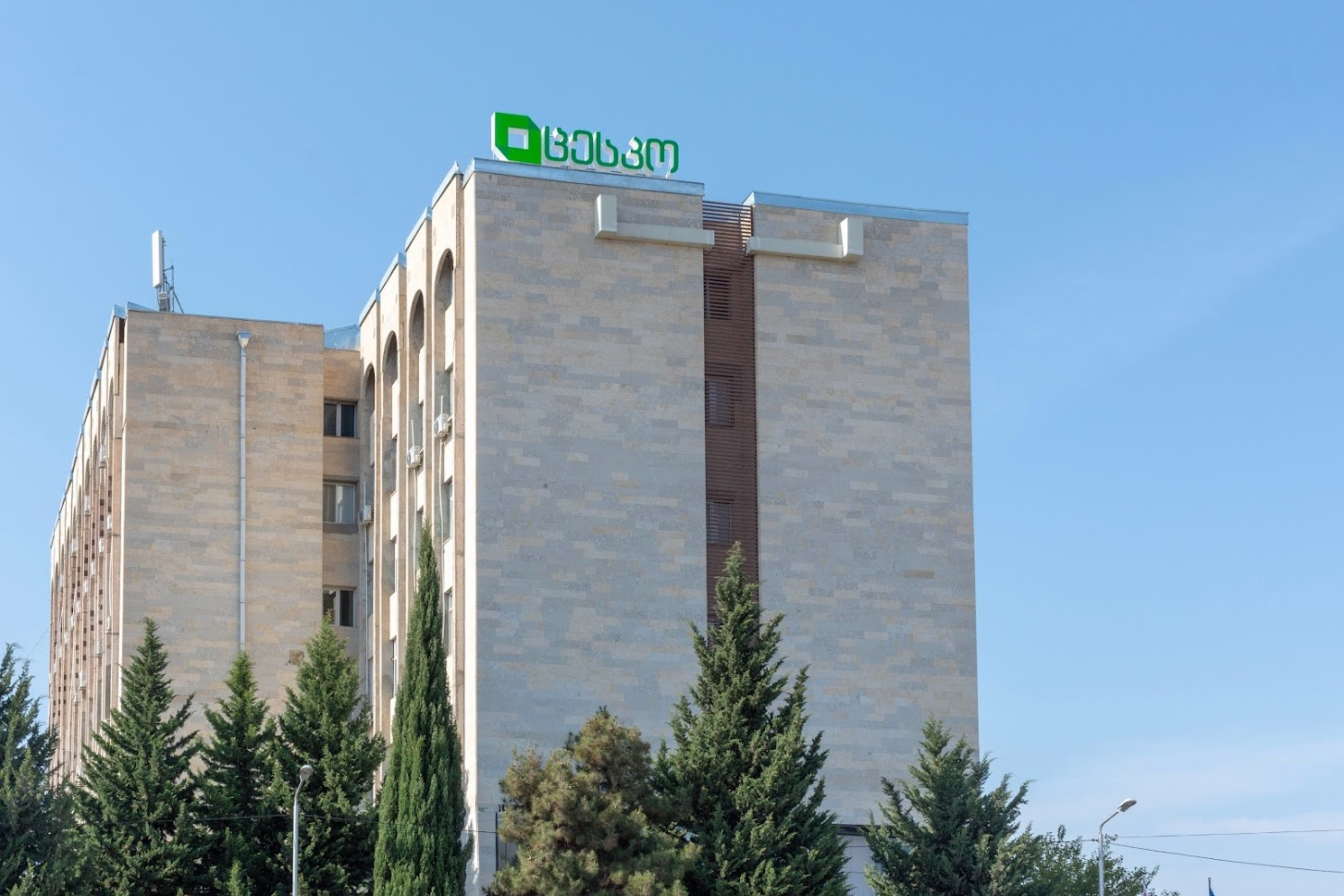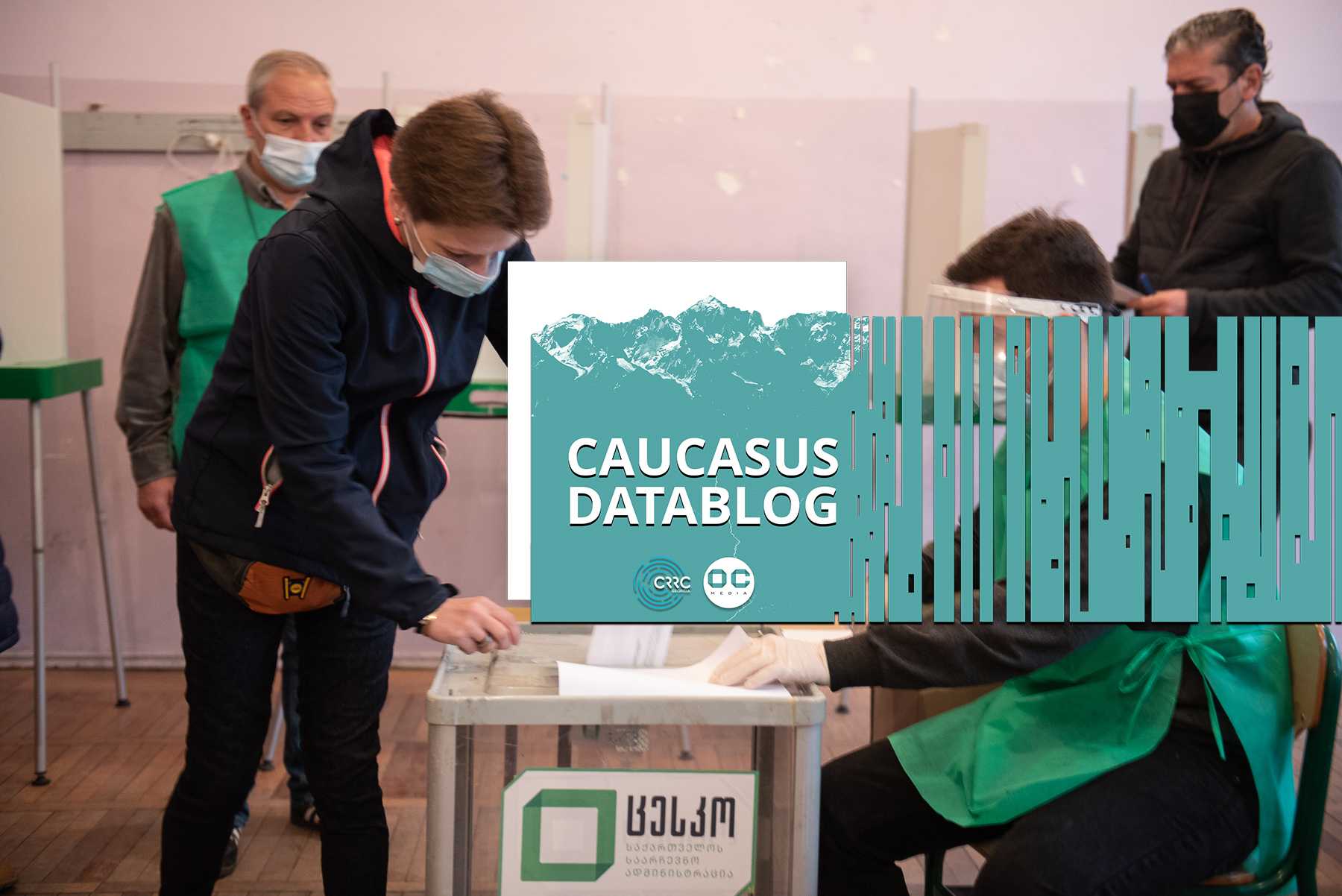‘Disinformation and hate speech’: Georgia’s election commission goes to war with the press

Georgia’s Central Election Commission (CEC) has published several critical reports accusing the media of misleading the public.
The CEC’s Information Security Centre, which opened on 16 August with international funding, employs 15 people to monitor more than 200 central and regional television channels and online platforms, as well as more than 300 Facebook pages and groups.
Earlier in September, the centre published its second media monitoring report, covering the period from 1–10 September, which accused a large segment of the Georgian media of spreading disinformation, defamation, discrimination, and hate speech.
The CEC has come under increasing criticism from the media and civil society groups since last October’s Parliamentary elections. Local watchdog groups slammed the vote as being the ‘least democratic and free among the elections held under the Georgian Dream government.’ In June, embattled CEC head Tamar Zhvania stepped down, fulfilling a key demand of many in the opposition.

According to Natia Kapanadze, the coordinator of the Coalition for Media Advocacy, monitoring the media is not a part of the Central Election Commission’s mandate.
‘According to the 2012 legislative changes, the CEC no longer has a media monitoring function and this obligation has been transferred to the Communications Commission,’ she told OC Media.
‘This decision by the CEC [conducting media monitoring] gives the impression that it is an additional tool for media evaluation. Especially when aggression towards the media is growing and the state bodies refer to the media mainly in a negative context.’
‘From the content of the reports, we can see that attention is being focused on critical media’, Kapanadze said. ‘But for pro-government media, we see less research on their content.’
The reports do not mention pro-government outlets Imedi and Post TV.
USAID, one of the organisations to fund the establishment of CEC’s Information Security Centre, distanced themselves from the report on Friday.
‘In 2020, we helped the CEC establish the Information Protection Center (IPC) through our partnership with the International Foundation for Electoral Systems (IFES). Our purpose in helping establish the centre was to strengthen the CEC’s ability to counter election-related disinformation’, they said in a statement.
‘We have terminated this assistance and the centre now operates without support from the US government.’
What was in the report?
Several of the media platforms named in the CEC report have rejected the findings, pointing out that the methodology used was vague and unclear, and that the stories the agency found objectionable were not directly cited.
Following the publication of the report, the CEC removed accusations of misinformation against three media outlets, Publika, Netgazeti, and On.ge, after they challenged the allegations and met with the CEC.
The CEC said they had been included in error.
According to a joint statement by the three media outlets, Publika and On.ge were included in the report for covering statements critical of CEC made by civil society groups, including ISFED and the Shame Movement.
The statement said that the report identified three cases of misinformation from Netgazeti, but failed to provide a single one when challenged on this.







